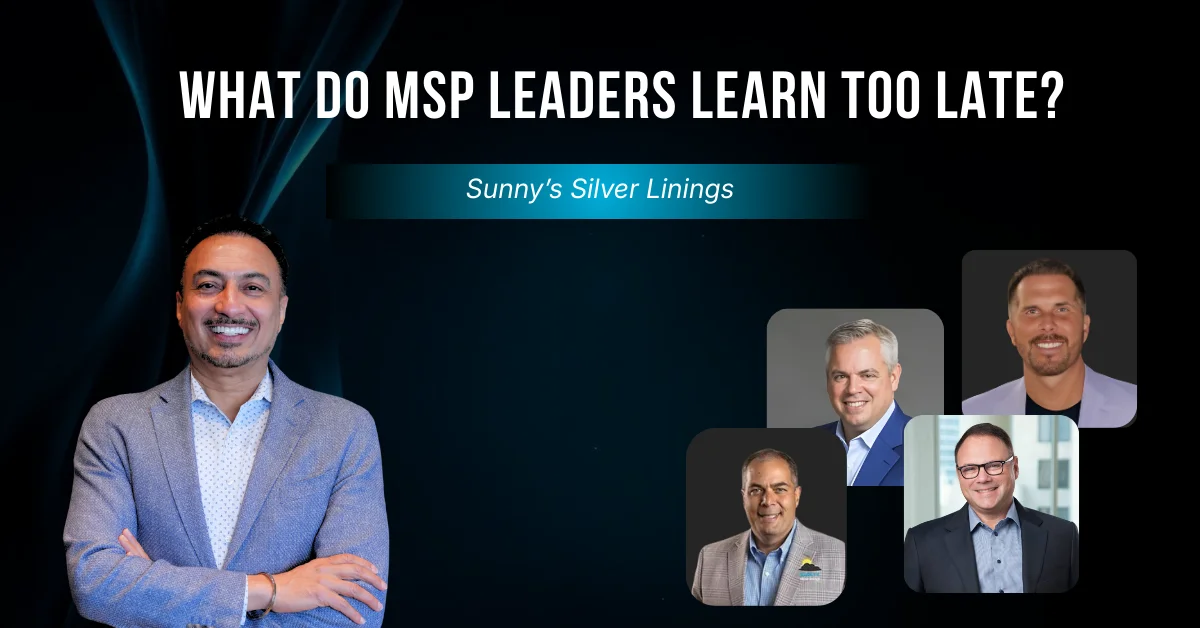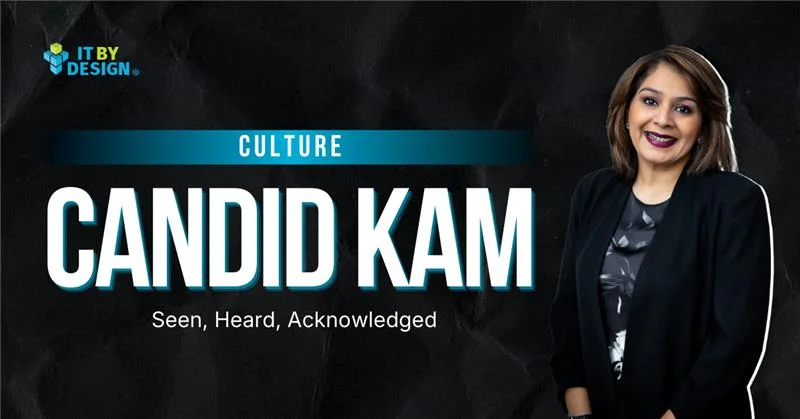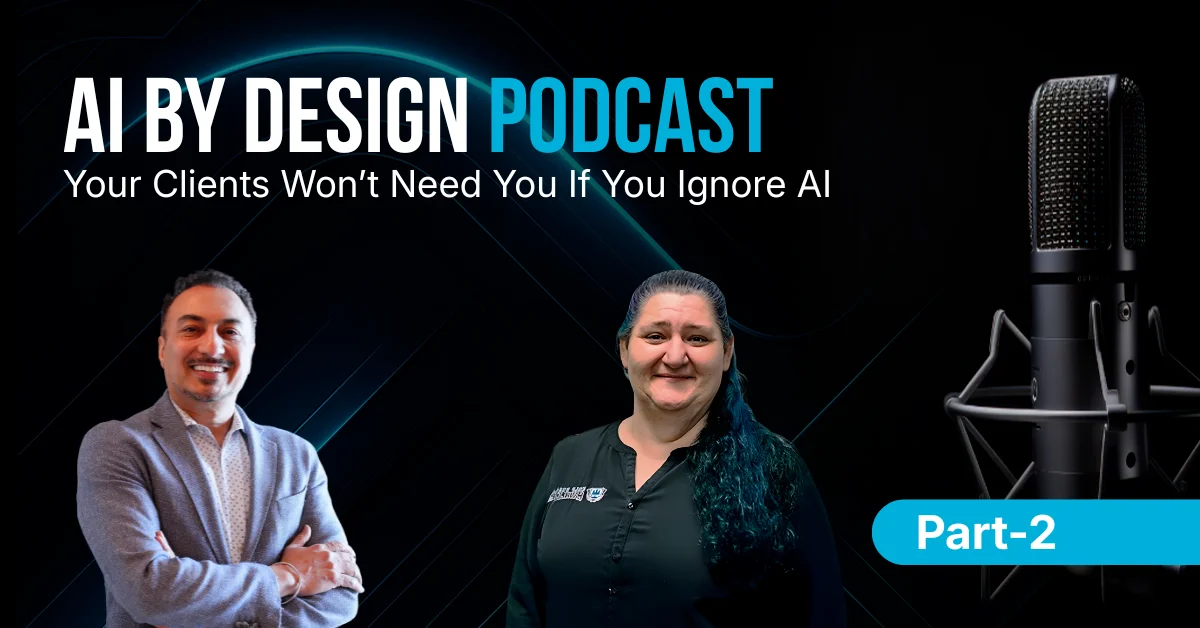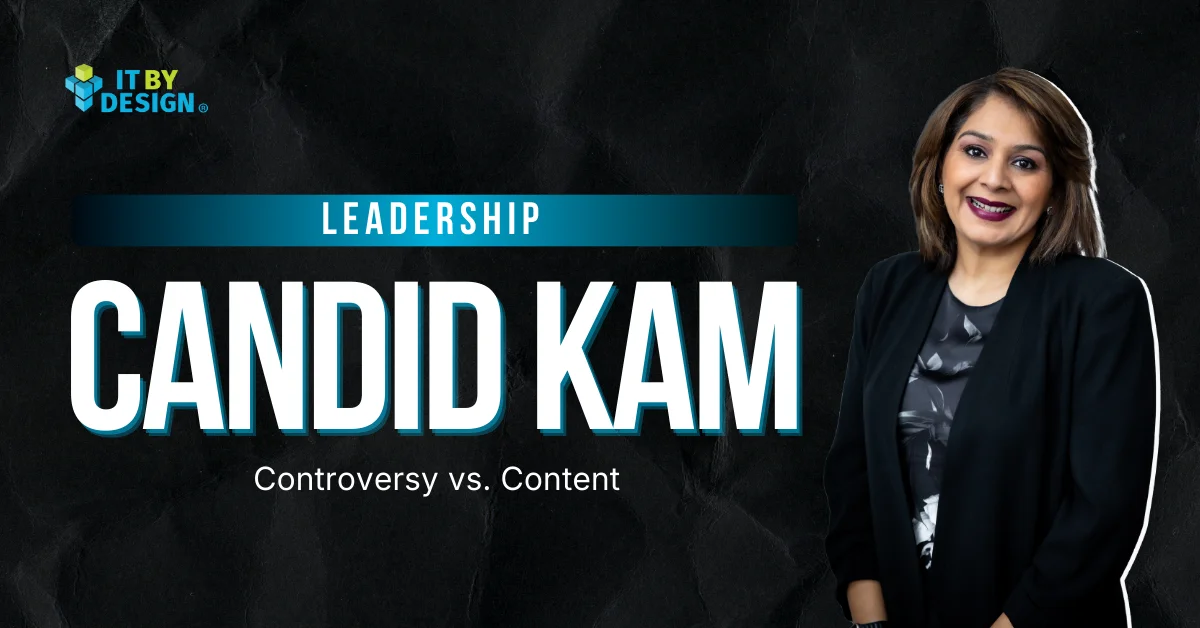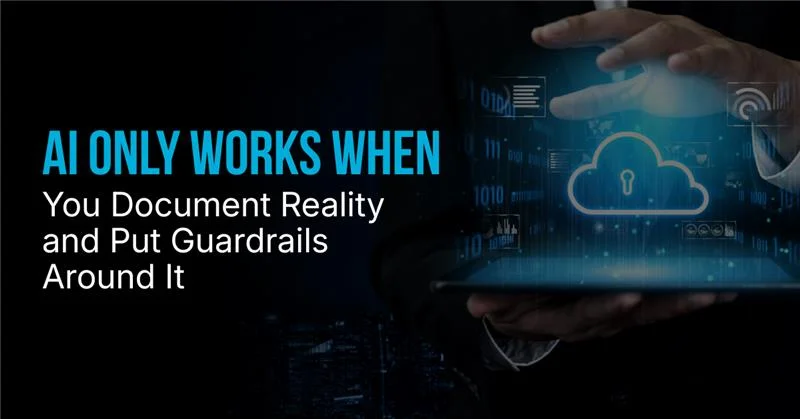When I first entered the MSP space back in 2003, the industry looked very different. Managed services weren’t even a formal concept yet—we were selling blocks of hours, supporting on-prem technologies, and doing what we could to keep client systems running. Fast forward to today and the role of the MSP has undergone a complete transformation.
This shift became even more clear to me after a powerful conversation with Peter Melby, CEO of New Charter Technologies. What stood out most was this: the MSPs thriving today aren’t just fixing technical issues—they’re solving business problems. And that change of mindset is exactly what’s defining the future of our industry.
The Critical Shift: From IT Fixers to Business Problem Solvers
Peter put it best when he said, “IT solves technical problems, but it has yet to solve business problems.” That statement resonated with me. Too many MSPs focus only on infrastructure, uptime, and patching systems, while ignoring the broader business context of their clients.
As MSPs, we have incredible visibility into our clients’ environments—their systems, data, workflows, and even their people. Sometimes we know more about their day-to-day operations than their own executives. But here’s the problem: we’re not capitalizing on that visibility.
Why? Because we often stop at tech. We solve immediate issues but fail to connect the dots between our work and their strategic goals.
Imagine if we changed that. What if we weren’t just service providers but trusted advisors—deeply engaged with clients’ goals, helping them automate processes, reduce costs, or scale faster?
That future is possible. But it starts with a mindset shift.
Ask Better Questions, Deliver Bigger Impact
One of Peter’s most powerful insights is about the importance of curiosity. If you want to truly understand and solve your client’s biggest business challenges, you need to ask better questions.
He shared a story about a CEO of a food manufacturing company who, during a two-hour discussion, talked mostly about the price of jalapeños. It seemed irrelevant at first—until it became clear that the company’s inability to track ingredient costs due to outdated systems was costing them millions.
That’s a perfect example of where real business problems lie—not in the server room, but in inefficient processes, data gaps, and operational blind spots.
When we move beyond “Is your system secure?” and instead ask, “What’s the biggest challenge you’re facing in your business today?” we uncover gold. We’re no longer selling tools—we’re providing transformation.
The Role of AI: Not Just Efficiency, But Value Creation
AI is rapidly reshaping our industry, and the temptation to jump on every new tool is real. But Peter’s approach is grounded: don’t fall for shiny object syndrome. Instead, understand how AI can be used to drive real business value—for your clients and for your own MSP.
New Charter’s acquisition of Orchestrate AI wasn’t just about improving the service desk; it was about positioning AI as a business problem-solving tool. Whether it’s speeding up support or helping clients automate processes, the message is the same: use AI to add value, not just cut costs.
And here’s the kicker—Peter believes that MSPs must own their AI strategy, rather than waiting for vendors to figure it out. The tech is moving too fast, and if we’re not actively experimenting and building our own playbooks, we’ll be left behind.
Your MSP Is an R&D Lab—Start Acting Like It
One of the most powerful mindset shifts Peter advocates is treating your MSP like a research and development company. Build and test innovative solutions internally, then package those insights for your clients. This “solve it for ourselves, scale it for them” approach creates efficiency and positions you as an innovation leader.
It’s not just about cutting your own costs—it’s about solving problems that your clients don’t even know they have yet. That’s how you stay indispensable.
Balance Vendor Relationships with Agility
While partnerships with vendors are still important, Peter warns against becoming overly dependent. Many vendors are figuring out AI and innovation at the same pace as MSPs. If you rely solely on them for direction, you risk stagnation.
Instead, stay flexible. Build your own tools when needed. Control your processes. Your ability to pivot and adapt quickly is what will separate you from other providers.
People First: Building Trust Through Strategic Insight
At the heart of this evolution is one simple truth: solving business problems is ultimately about people. Technology is the enabler, but trust is the foundation. When clients know you understand their business—and not just their network—they start seeing you not as a vendor, but as a strategic partner.
This is what sets companies like New Charter apart. They didn’t just grow by scaling operations; they grew by transforming the role of the MSP itself—from IT fixers to business enablers.
Conclusion: This Is the Future of MSPs
If you want to future-proof your MSP, start by thinking differently. Focus on solving real business challenges. Use technology—not for its own sake—but as a lever for transformation. Ask better questions, experiment faster than your vendors, and treat your business like an innovation lab.
Because if you’re solving business problems, you’re not just another MSP—you’re a trusted advisor. And when you become that, you’re not just growing your business—you’re changing the game entirely.

